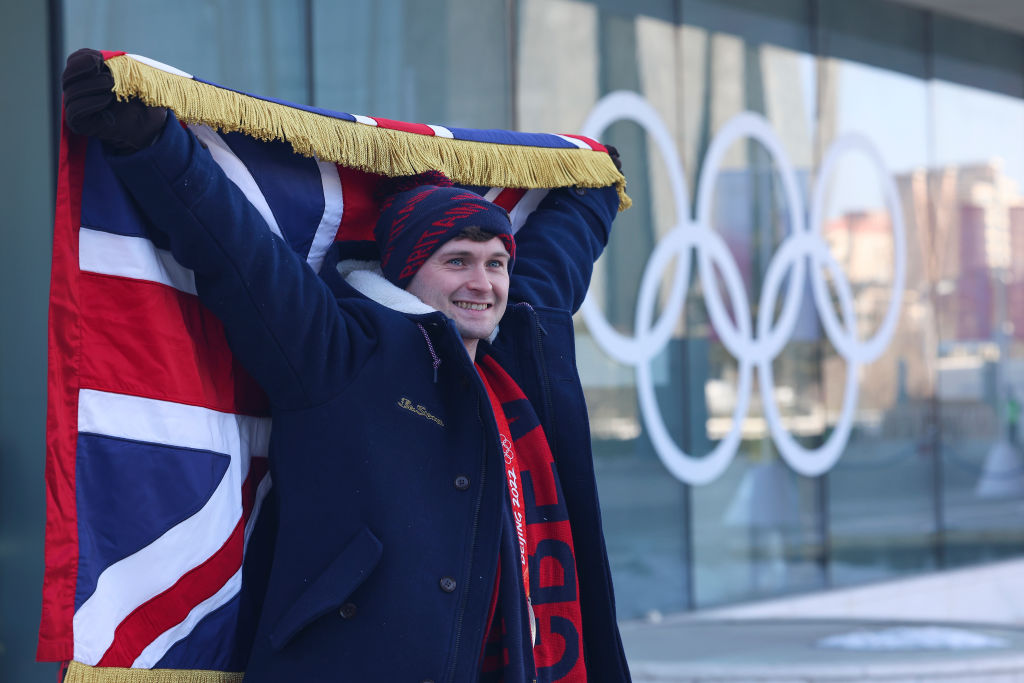Winter Olympics: Worst GB haul in decade as cost per medal soars

The curtain has fallen on another Winter Olympics – this time in the famously snowy destination of Beijing – bringing to a close a disappointing Games for Team GB.
In terms of the medal table, Great Britain matched their performance of the previous three Winter Olympics. That is an underwhelming 19th place, however, and this time it came with just two medals.
Besides curling – bowls on ice with granite – the two-week spectacle was a dud from a British perspective.
Since Team GB’s equal most successful Winter Games – five medals in Sochi in 2014 – they have gained a reputation for skeleton success. That saw its UK Sport funding increase from around £13.5m to an estimated £22m this year, but no Brits won medals in Beijing.
Curling, the only event in which Team GB did win medals, had its funding has increased from £2m to more than £5m. In light of the women’s gold and men’s silver, an upgrade on bronze and silver in Sochi, that seems a fair investment.
In other events where we saw medals in 2014, bobsleigh, skeleton and ski and snowboarding, the budget has increased from £8.2m to over £16m – though UK Sport’s figures show funding for bobsleigh has plummeted from over £3m to just £120,000.
Overall, then, in 2014 Team GB Winter team averaged one medal for every £2.7m spent. In 2022 each medal cost around £11m in funding.
The total budget for the 2018 Games was around £28m and has, therefore, since been cut.
Olympic marginal gains
Of course it is not solely a matter of finances. Competition gets stronger, technology advances and sometimes it just isn’t your day. The luck of the draw can help too: snowboard half-pipe contestants who started their routine in the shade tended to fare worse.
In the skeleton, where Britain had won a medal in every Games since the sport was introduced, athletes questioned their equipment.
Scheduling, too, makes a difference. In the London 2012 Olympics, it took an early gold medal for Helen Glover and Heather Stanning to kick start a bow wave of momentum which eventually drove Britain to third in the medal table.
A lack of team-wide momentum may have played into the psychology of Team GB’s Winter Olympians in Beijing, as would ultra-strict Covid-19 restrictions.
But when the bigwigs of UK Sport and those who chop up the funding block get into a room and talk about Milan 2026, there will be a lot of head scratching.
The results bore similarities to last year’s Tokyo Olympics, where the big three of athletics, rowing and cycling underperformed while self–funded sports such as BMX and new events like skateboarding offered fresh hope.
The sixth-place finish achieved in China by the largely self-funded British four-man bob team was unexpected and chimed with the impressive BMX displays in Japan.
“I hope UK Sport takes a long, hard look at us and what we’ve done the last three years on a personal budget that is less than 10 per cent of what these guys [competitors] spend in a year,” said one of the bob team, Nick Gleeson.
It’s been a poor Olympics in terms of medal haul, and UK Sport is set for some uncomfortable talks about which of their investments in winter sports continue to represent value for money.